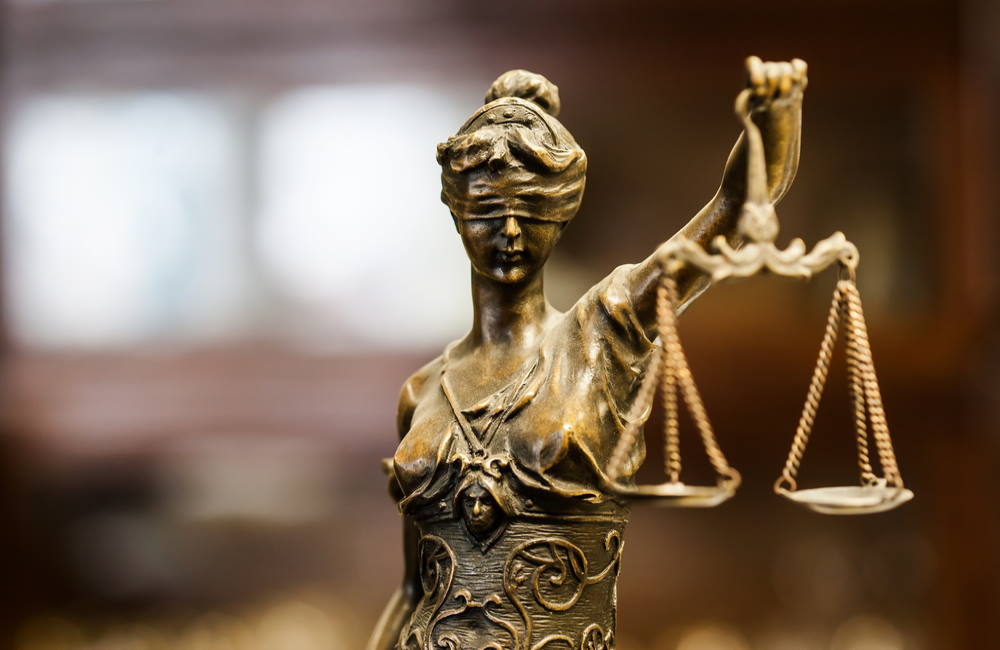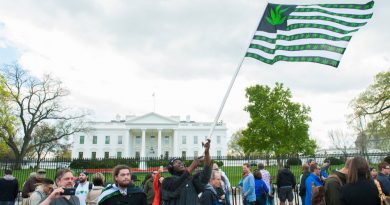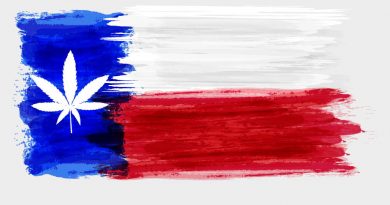Is Marijuana Legalization Tied To Racial Justice?
Drugs laws disproportionately impact people of color, who are more likely to get arrested. That’s the basis of a racial justice argument by legalization advocates who say passing a law to make cannabis legal nationwide would end unfair enforcement during the War on Drugs.
Many have made racial justice part of their argument for legalizing marijuana at the federal level. It’s a list that includes U.S. senators and former presidential candidates Cory Booker, Kamala Harris, Bernie Sanders and Elizabeth Warren, who have backed legalization proposals.
Another member of this group is Rick Steves, the famous travel writer and host of “Rick Steves’ Europe” on PBS. He said in a recent interview with Leafly that he feels “very strongly that smoking marijuana responsibly as an adult is a civil liberty.”
He said that “anybody who wants to smoke marijuana responsibly as an adult should be able to smoke, and I think this prohibition we got going is based on lies, it’s racist and counterproductive and it’s just wrong.”
Steves Is A Long-Time Legalization Supporter
Steves’ has been a long-time supporter of making marijuana legal. He’s a board member of the National Organization for the Reform of Marijuana Laws (NORML). His position is that adults in the U.S. have the right to use marijuana if they want.
On his website, Steves still has a post up that he wrote in favor of legalization in his home state of Washington. In that post, he explains how the issue of race and marijuana first came to light for him.
He said as he became more vocal about his stance in the 2000s, when a policeman asked why he cared about making cannabis legal when he and his friends “could smoke pot with discretion all you want, and no one’s going to bother you.”
That’s when the racial justice element of legalization clicked with Steves.
“Only then did I realize why I was so committed to drug policy reform. Well-off white guys in the suburbs can smoke pot,” he wrote. “But the majority of the 800,000 people arrested in the USA on marijuana charges this year (and the 9,000 people arrested in Washington State) were poor and/or people of color. Some have dubbed the war on drugs “the New Jim Crow.”
Steves Uses Portugal As An Example
Steves’ argument goes beyond race issues. Steves said his exposure to European society has helped him see how wrong U.S. laws are when it comes to drugs. On his site, he points out that those against making cannabis legal in the U.S. often call it a “gateway” drug.
Steves wrote that “European societies have learned that the only thing “gateway” about marijuana is its illegality.” Keeping weed illegal means people must go to street dealers to buy it. He said those criminals have a vested interest in “getting you hooked on something more profitable and more addictive.”
He also points to what happened in Portugal When drug abuse spiked there in 2001, Portuguese leaders decriminalized all drugs. A decade later, cannabis use remained about the same and the use of hard drugs were cut in half, according to official numbers cited by Steves. Also, drug-related crime dropped.
In the interview, Steves compared marijuana use to travel, saying it “opens doors” and “we can broaden our horizons.”
He added, “The government has no right to say we cannot do it. The government has the right to say we can’t do it and break something, but not that we can’t do it if we’re responsible. That’s my intellectual take on it.”




